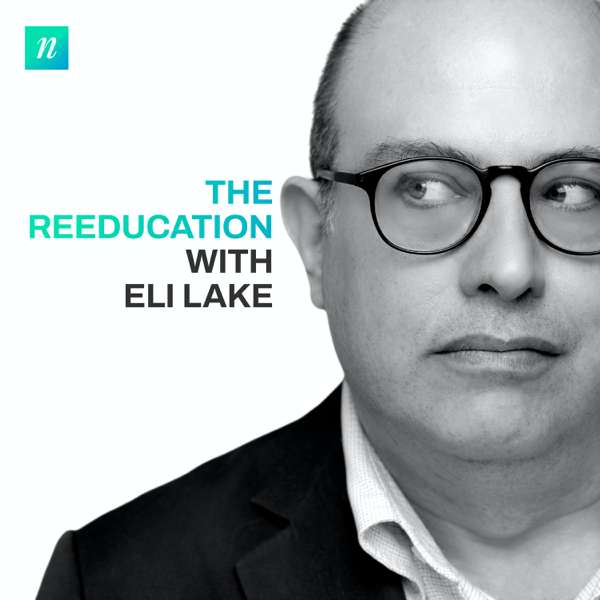What happens when First Nations take the lead in shaping the future of clean energy and infrastructure in Indigenous communities? In this episode, we hear from Mark Podlasly, CEO of the First Nations Major Projects Coalition (FNMPC) and member of the Nlaka’pamux Nation in British Columbia. He speaks with Sinead Teevan from the OECD about how the coalition is helping First Nations secure ownership in major energy and infrastructure projects. The FNMPC, now representing 175 communities across Canada, focuses on the economic, environmental, and public policy interests of its members.
Together, they explore the power of Indigenous consent, the importance of equitable partnerships, and why integrating Indigenous values into policy and investment decisions isn’t just the right thing to do, it’s essential for reaching climate goals and long-term prosperity. With real-world examples, from clean energy projects to revenue-sharing agreements, this conversation highlights how economic reconciliation is not only possible, but already underway in Canada.
Looking ahead, Mark shares a bold vision: Indigenous communities not only participating in, but leading, global investment through Indigenous-controlled capital. And the world is taking notice. Groups from Australia, New Zealand, the US, and Latin America are reaching out to learn how First Nations in Canada are achieving results.
Host: Shayne MacLachlan, Public Affairs and Communications Manager at the OECD Centre for Entrepreneurship, SMEs, Regions and Cities
Guests:
Sinead Teevan is currently working as a Policy Consultant at the OECD, working on regional, rural and urban development. She is Indigenous from Curve Lake First Nation in Ontario, and has gained valuable experience in various roles, including as a Policy Intern at the Ministry of Energy in Ontario. Additionally, she been an active member of the Indigenous Student Association at Western University.
Mark Podlasly, a member of the Nlaka’pamux Nation in British Columbia, is CEO of the First Nations Major Projects Coalition (FNMPC) in Canada. FNMPC is a national organization of 175+ Indigenous communities working to ensure environmental and economic values are reflected in major projects on traditional territories. He has global experience leading large-scale energy and infrastructure projects and has delivered strategy programs for companies like Unilever and Goldman Sachs. A frequent contributor on Indigenous-industry economic reconciliation, his work spans ESG, climate policy, and governance.
To learn more about policy area: https://www.oecd.org/en/topics/regional-rural-and-urban-development.html
To learn more about the OECD, our global reach, and how to join us, go to https://www.oecd.org/en/about.html
To keep up with latest at the OECD, visit https://www.oecd.org/
Get the latest OECD content delivered directly to your inbox! Subscribe to our newsletters: https://www.oecd.org/en/about/newsletters.html

 Our TOPPODCAST Picks
Our TOPPODCAST Picks  Stay Connected
Stay Connected







